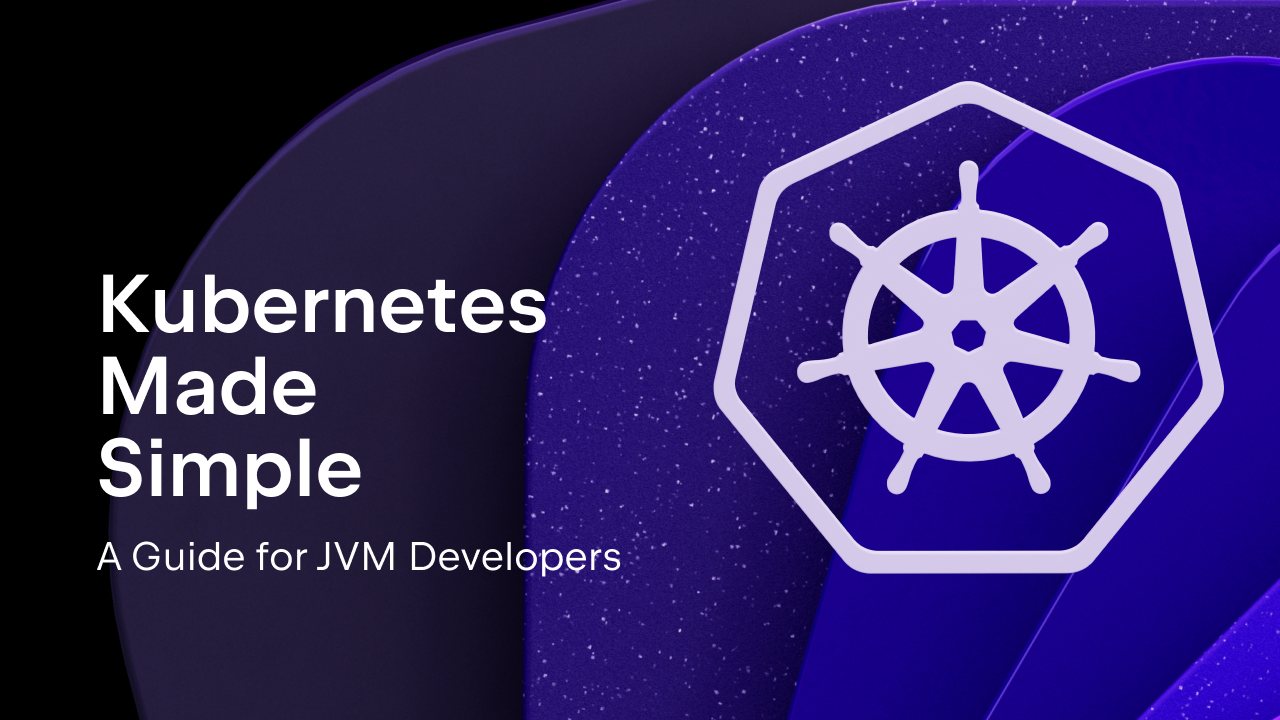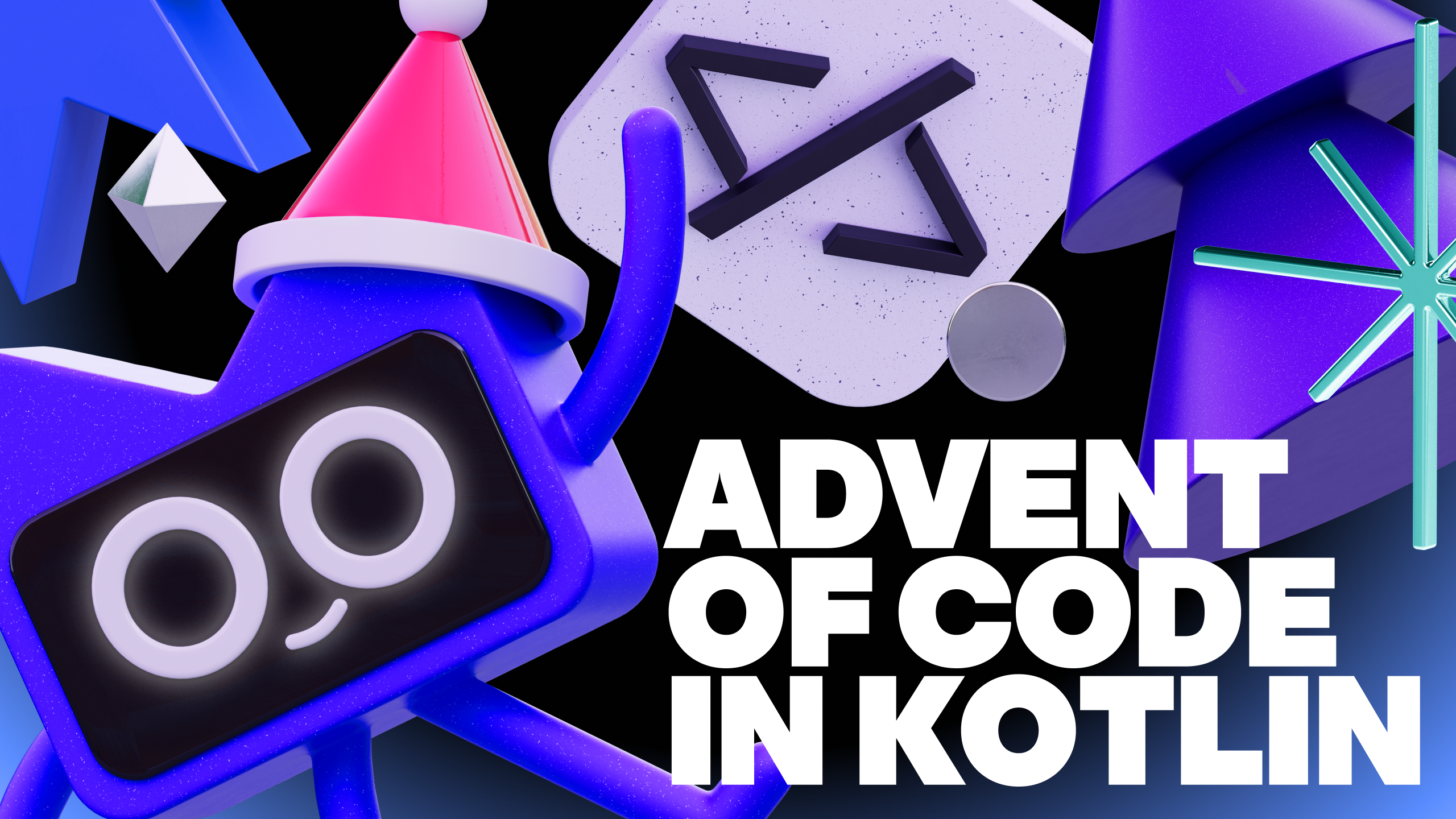Kotlin
A concise multiplatform language developed by JetBrains
Kotlin for WebAssembly Goes Alpha
Kotlin/Wasm, the newest Kotlin Multiplatform target platform, has reached Alpha status! Here’s what you need to know about this change at a glance:
- JetBrains has promoted Kotlin/Wasm to Alpha, making it ready for you to try for yourself. Your feedback will help shape the future of building web applications with Kotlin!
- As an Alpha release, Kotlin/Wasm is ready for you to use in pre-production scenarios, but it still has many areas that are works in progress. We rely on the community to help inform and prioritize the decisions influencing Kotlin/Wasm.
- Compose for Web (currently experimental) is powered by Kotlin/Wasm. Together, the two technologies allow you to create declarative user interfaces for web applications in 100% Kotlin.
WebAssembly: The newest Kotlin Multiplatform target
WebAssembly is establishing itself as the standard compilation target for languages targeting the browser – and beyond! With Kotlin/Wasm, we’re giving you the ability to make use of this new target via Kotlin Multiplatform. We first introduced Kotlin/Wasm in Kotlin 1.8.20 as an experimental technology, and have since improved and refined it.
Because Kotlin is an automatically memory-managed language, it builds on the garbage collection proposal, which recently reached phase 4 (standardization). That means it is now enabled by default in a number of major browsers. For example, recent versions of both Chrome and Firefox can run Kotlin/Wasm applications without any required adjustments. While Safari currently doesn’t support Wasm GC yet, implementation of the required functionality in JavaScriptCore is already underway.
Getting started with Kotlin/Wasm
Join the Kotlin/Wasm community
An easy way to get started with Kotlin/Wasm is to take a look at the Getting Started page. Here, you’ll find an overview of the technology and instructions on how to set up your own Kotlin/Wasm application. You’ll also see projects and links to example projects that show off different facets of Kotlin/Wasm, including those that illustrate how to use it in the browser, together with Compose Multiplatform, and more.

The Kotlin Playground now also has support for Kotlin/Wasm, meaning you can write your first WebAssembly code snippets right in your browser, and explore what Kotlin/Wasm has to offer.
To help you go beyond your first “Hello World” examples with WebAssembly, we are also bringing the `kotlinx` suite of libraries to Kotlin/Wasm. This includes kotlinx-atomicfu, kotlinx.coroutines, kotlinx.serialization, kotlinx-datetime, and kotlinx-io.
Ktor, the JetBrains framework for building networked applications, is also coming to WebAssembly. With the next release, you’ll be able to use Ktor’s HTTP clients to make network requests right from your Kotlin/Wasm code.
Compose Multiplatform: Powered by Kotlin/Wasm
Kotlin/Wasm isn’t bound to any specific UI framework. It’s a general way of running your Kotlin code in the browser. However, it is the underlying technology for the experimental web target of Compose Multiplatform, the declarative multiplatform UI toolkit by JetBrains based on Google’s Jetpack Compose. Compose Multiplatform for Web uses canvas-based rendering, meaning that you can use the same layouts and components as you would on other platforms. Out of the box, it comes with the Material and Material 3 design components.
With Compose Multiplatform, you can build shared applications that target the most important platforms: Android and iOS, desktop, and – thanks to the power of Kotlin/Wasm – the browser. To start building your own shared UIs, you can generate a project using the Kotlin Multiplatform Web Wizard, which now also experimentally supports the Kotlin/Wasm target.
Performance
WebAssembly is designed from the ground up as a compilation target for languages, meaning the Kotlin compiler can convert your source code into performant WebAssembly bytecode. We regularly run benchmarks on Kotlin/Wasm to ensure its runtime performance. Since Kotlin/Wasm is still in Alpha, the team continues to work on performance improvements, but as you can see, Kotlin/Wasm already outperforms Kotlin/JS in almost all of our macro benchmarks:

Likewise, Compose Multiplatform running on Kotlin/Wasm already shows promising performance characteristics, with execution speed comparable to that of running the same application on the JVM:

These benchmark results come from our testing in a recent version of Google Chrome, but we observed similar results in other browsers we tested.
What’s in the works
As a technology in Alpha, Kotlin/Wasm is evolving rapidly, and the team is busy making improvements and enhancements. As such, there are still a number of areas that are works in progress.
Currently, the debugging support in Kotlin/Wasm is limited, and we’re working on improving its capabilities going forward. We’re also aware that bundle size is an important factor when it comes to targeting the web, and we want to further optimize the outputs generated by the compiler, especially for Compose Multiplatform projects.
As WebAssembly continues evolving, we want to take advantage of new proposals as they arrive – whether that’s stack switching, threading, or others. We’re also working on introducing support for the WebAssembly Component Model to Kotlin, which will enable you to build interoperable Wasm libraries and applications. We’re also still in the process of making Kotlin/Wasm an awesome target for development outside of the browser, including support for WASI, the WebAssembly System Interface. As a part of the WebAssembly Community Group, and by actively collaborating with vendors of WebAssembly VMs, we’re striving to ensure that Kotlin/Wasm provides a great experience no matter where you’re running it.
Our goal is to provide an excellent developer experience for you, and make sure that it meets your requirements in terms of performance and bundle size. As we make progress on these fronts, we’ll make sure to provide you with updates and share more information!
Join the community to get updates and share your feedback!
Join the Kotlin/Wasm community
If you want to connect with the team and other developers excited about Kotlin/Wasm, we invite you to join the discussion on the Kotlin Slack (get your invite here). In the #webassembly channel, you can find discussions about everything Kotlin and WebAssembly.
Kotlin/Wasm is in Alpha, and we want to make sure we continue evolving the technology based on your requirements. Help us help you by reporting problems, telling us about APIs that you feel are missing, and requesting features you’d like to see. You can do so by adding issues to the Kotlin YouTrack project.
We’re excited to take this next step with Kotlin and look forward to seeing what you’ll create with Kotlin/Wasm!
See Kotlin/Wasm in action!
On Tuesday, December 12, 2023, Kotlin/Wasm Team Lead Zalim Bashorov will present a live session entitled Kotlin and WebAssembly: Unleashing Cross-Platform Power on the official Kotlin YouTube channel! To make sure you don’t miss it, sign up to receive notifications.
See also
- Talks and Videos on Kotlin/Wasm
- What’s new in Kotlin 1.8.20: New Kotlin/Wasm target
- Compose Multiplatform for iOS Is in Alpha | The Kotlin Blog
Subscribe to Kotlin Blog updates






